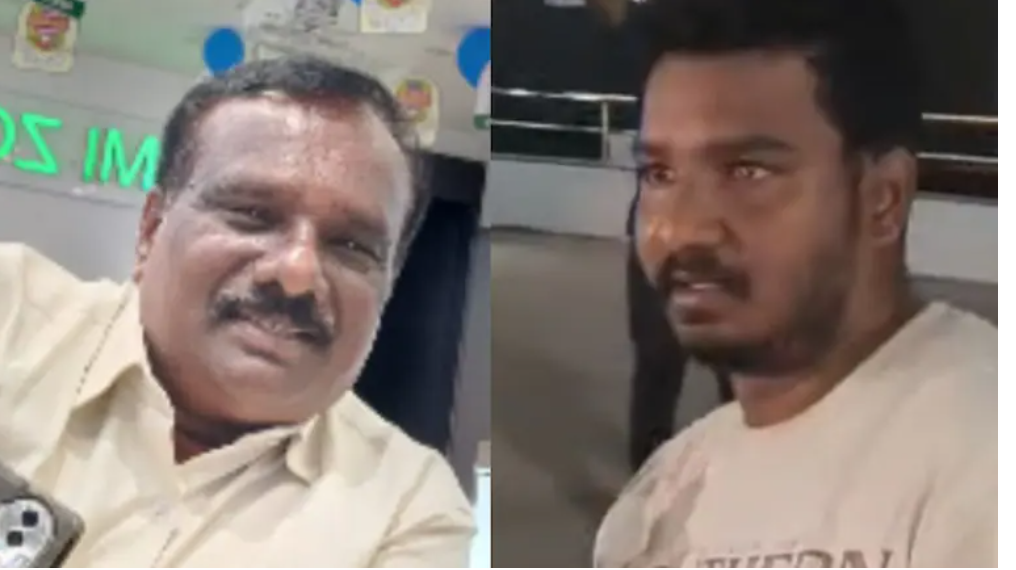Aerial warfare is increasingly being defined by the ability to remain undetected rather than by traditional dogfighting skills, and India is now assessing options to strengthen its capabilities in this new paradigm. Defence circles are abuzz with indications that the Indian Air Force may consider procuring up to 40 Russian fifth-generation Su-57 fighter jets, according to sources.
The possible move comes less than a year after Operation Sindoor, which was launched in May last year following the Pahalgam terror attack. The air engagements with the Pakistan Air Force during the operation are understood to have provided fresh operational insights, prompting discussions on future preparedness.
Why stealth is central to fifth-generation fighters
Fifth-generation fighter aircraft are designed with a strong emphasis on low observability. Platforms such as the Su-57 incorporate airframes shaped to reduce radar signatures and use radar-absorbent materials to make detection more difficult across radar, infrared and visible spectrums.
These aircraft typically integrate advanced avionics, sensor fusion and supercruise capabilities. They are also configured to carry specialised weapons internally, enhancing stealth during combat missions.
According to information available on Sukhoi’s official platform, the Su-57 is equipped with a deeply integrated avionics suite that offers a high level of automation and intelligent crew support. Its onboard systems enable it to operate autonomously and exchange data in real time with ground control systems or as part of a coordinated task force.
The aircraft can deploy a broad range of air-to-air and air-to-surface munitions, allowing it to undertake both fighter and strike roles. Sukhoi states that the jet is capable of conducting covert missions owing to reduced visibility across multiple wavelength ranges.
The Su-57 is also fitted with an auxiliary power unit designed to improve deployment autonomy and lower fuel consumption during ground operations. An onboard oxygen extraction unit enhances operational endurance. Additionally, the aircraft features an explosion-proof fuel tank system described as a generator-type neutral gas system, aimed at improving combat survivability.
Regional security context
The reported deliberations come amid evolving regional dynamics. China, regarded as Pakistan’s close strategic partner, has developed the J-20 fifth-generation stealth fighter, and there are indications that such capabilities could eventually be shared with Pakistan.
India is also pursuing its own fifth-generation programme, the Advanced Medium Combat Aircraft (AMCA). The first flight of the AMCA is expected around 2028 or 2029, with induction into the Air Force projected around 2035.
In this backdrop, any decision on the Su-57 would form part of a broader effort to ensure that the Indian Air Force remains prepared for future aerial warfare scenarios where stealth and advanced sensing capabilities play a decisive role.























